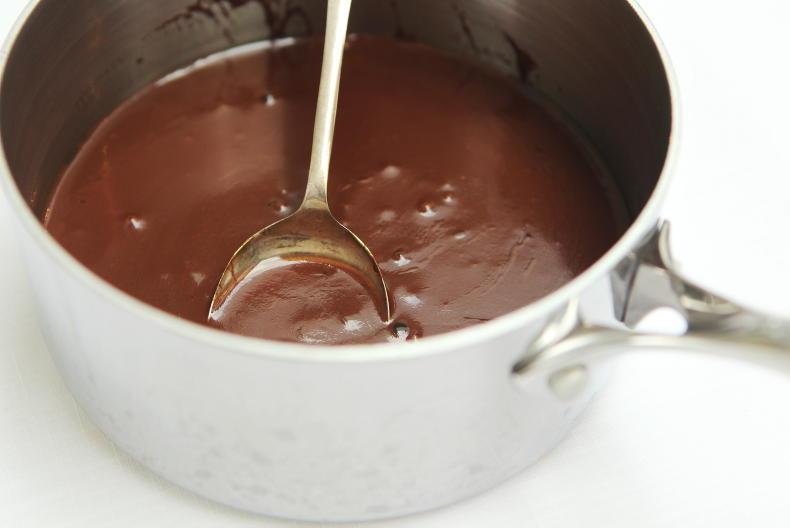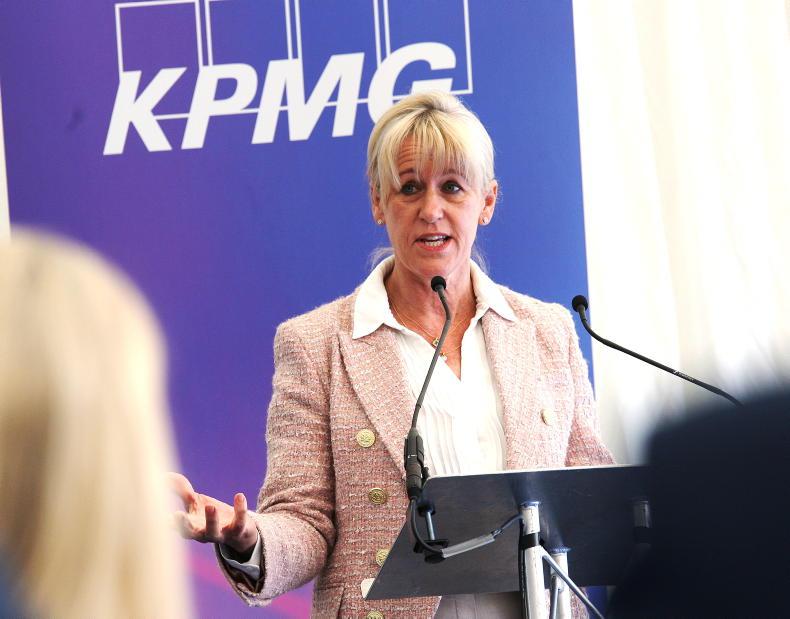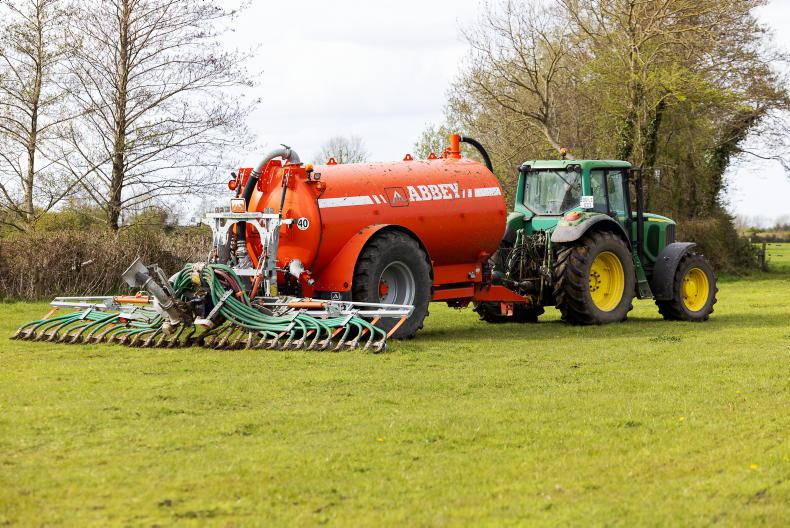The announcement by Kerry Group of the agreement to sell its Sweet Ingredients Portfolio to IRCA for €500m seems like a fairly standard corporate deal on the surface, but it does give some insight into where investor focus is these days.
Looking at the structure of the deal, there is a mixture of cash and debt. IRCA will pay €375m to Kerry Group once the deal closes. Kerry Group will give IRCA a €125m loan to cover the balance of the agreed amount. This loan part is known as vendor financing – and is not unlike how most of us would buy a car or a tractor from a dealer.
The more interesting part of this deal comes from who is doing the buying. The purchaser, IRCA, has a long history in the food ingredients business. Founded in 1919, it remained in the hands of the original family for almost a century before a majority stakeholding was sold to a private equity company called Ardian.
Private equity companies or funds are large-scale investors who look at companies or industries which can be bought, revamped and sold on for a profit.
Basically, they are the house-flippers of the corporate world. Which is something we can easily see in the recent history of IRCA.
Ardian took its stake in 2015 for an undisclosed sum, before selling to US private equity fund Carlyle for €520m in 2017. After making some of its own changes, Carlyle then sold IRCA on to another private equity company in 2022. That group, Advent International, paid around €1bn for IRCA.
Since its purchase less than a year ago, Advent has put IRCA on something of an acquisition spree and installed the former head of De’longhi to run the company.
All of which is just adding value for the next time it comes to flip the company. Which, to be clear, is probably what Advent’s target for the company is.
In a broader sense, private equity making such large returns in food businesses will only encourage more money to look for more deals, something we expect to become a bigger factor in the market over the coming years.









SHARING OPTIONS